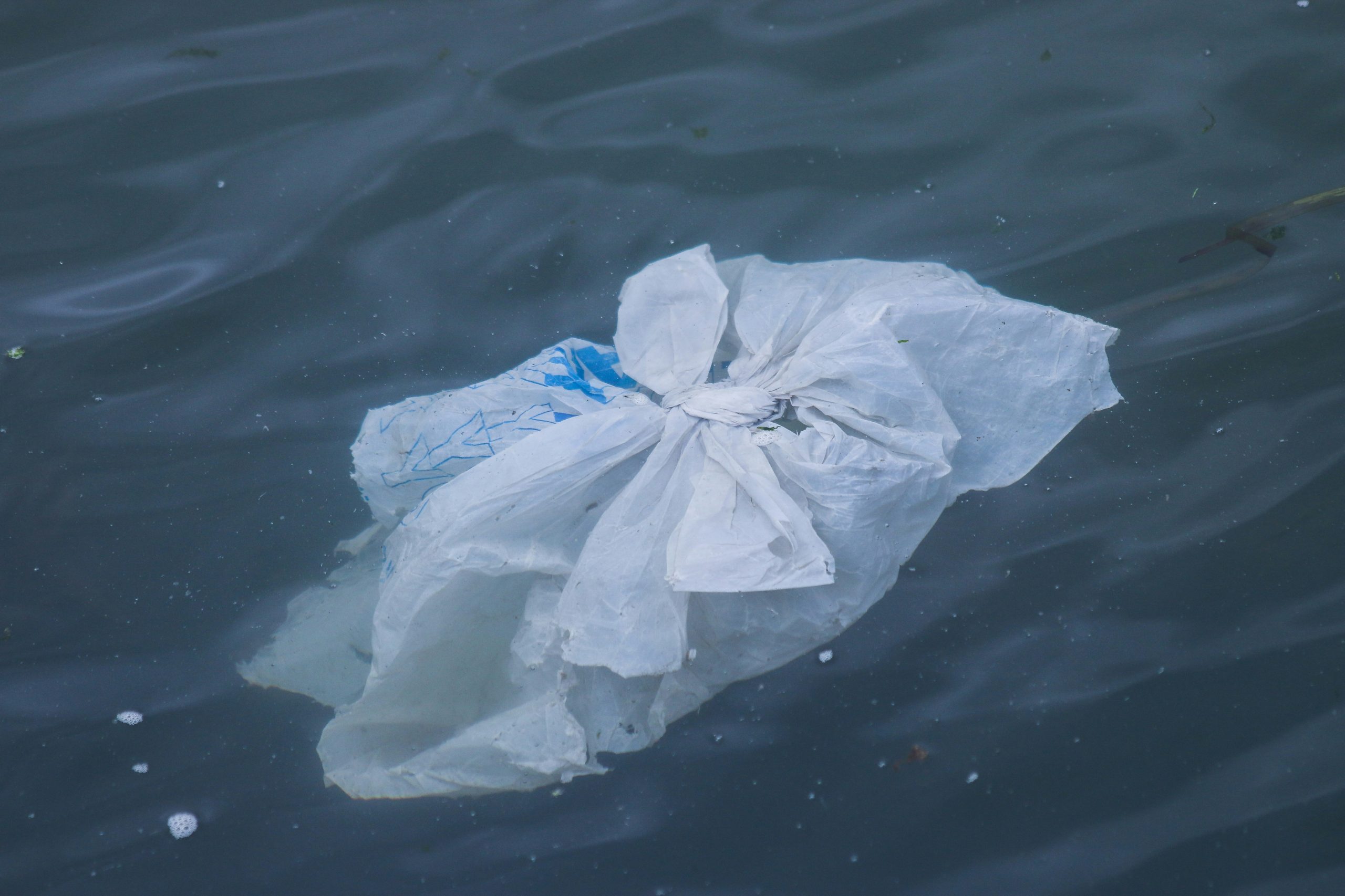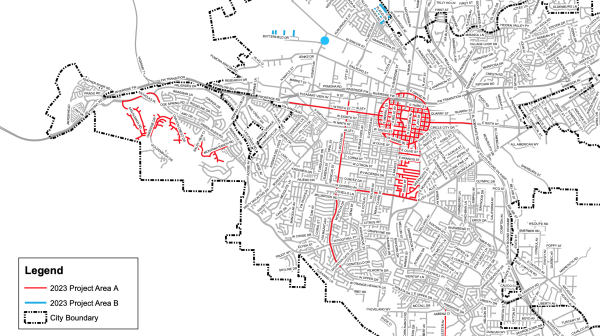In a bold move to strengthen environmental stewardship, California is on the verge of completely outlawing plastic grocery shopping bags by 2026. This latest legislation, introduced by Democratic State Senator Catherine Blakespear, is set to close a critical loophole that has permitted the continued use of heavier, so-called “reusable” bags since the state’s original 2014 ban on single-use plastic bags.
A decade after California led the nation in anti-plastic legislation, the loophole allowing the use of these thicker plastic bags for a nominal fee has caught the eye of legislators and environmentalists. Evidence suggests that the well-intended initiative has been counterproductive, with California’s plastic bag waste skyrocketing from 157,385 tons at the outset to an astonishing 231,072 tons by 2022, according to a report by consumer advocacy group CALPIRG. The increase per capita suggests a discouraging trend, despite a significant drop in the number of flimsy bags littering coastlines post-ban.
“Ten years ago, California passed a ban on single-use plastic grocery bags that included a definition of a reusable grocery bag that can be provided at stores for a small fee,” said CALPIRG’s state director Jenn Engstrom. This redefinition of ‘reusable’ has paved the way for plastic bags that, while technically meeting requirements, fail to be reused as intended.
Understanding the implications of this increase in waste, legislators like Assemblymember Rebecca Bauer-Kahan, who co-introduced the new bill, and Senator Ben Allen have united in their efforts to correct past oversights. Allen, speaking on Proposition 67, a failed 2016 ballot measure intended to overturn the original law, emphasized that Californians voted for less plastic, not more.
The initiative to ban these bags has been backed by significant research, including the alarming discovery of petroleum-based microplastics, microfibers, and nanoplastics in ecosystems worldwide – from ocean depths to alpine peaks. The ubiquitous presence of these materials underlines the need for decisive action, which was further catalyzed by a 2022 California Attorney General investigation into the role of the petrochemical industry in plastic waste pollution.
Addressing the globally prevalent issue, Blakespear said that over 5 trillion bags are used annually worldwide, with an average lifespan of a mere 12 minutes per bag.
Moreover, the state’s initiative is complemented by SB 54, which was signed into law by Gov. Gavin Newsom in 2022 and spearheads a shift toward Extended Producer Responsibility. This bill seeks to drastically cut single-use plastic waste and holds industry manufacturers accountable for the environmental impacts of their products.
In tandem with reducing single-use plastic by 25% by 2032, the law outlines a progressive goal for recyclable plastics. Blakespear argues that tackling the plastic bag issue is critical in honoring California’s long-standing environmental leadership.
If the bill passes, grocery stores will have to pivot away from plastic, offering customers only paper bags or reusable tote bags—a move that aligns with the pervasive call for sustainable alternatives. Backed by the California Grocers Assn., the legislation points to an ongoing transformation in societal habits around plastic consumption, with an inevitable effect on grocery businesses and ultimately, the environment.
As reported by the latimes.com, illuminatipress.com, cbsnews.com, mantecabulletin.com, and original.newsbreak.com.







